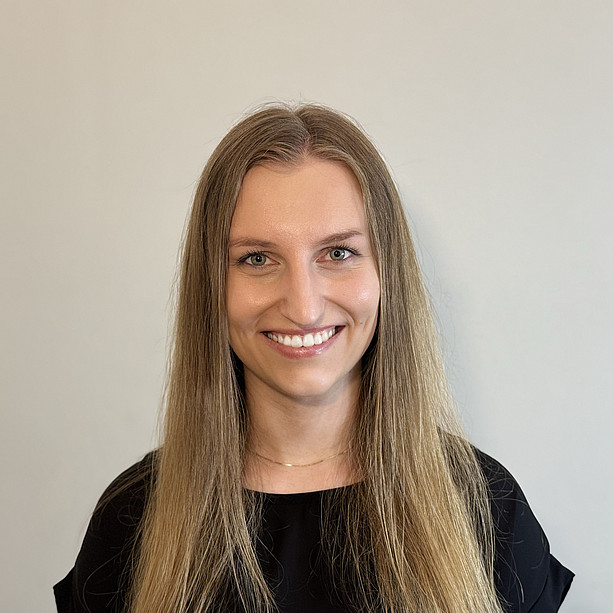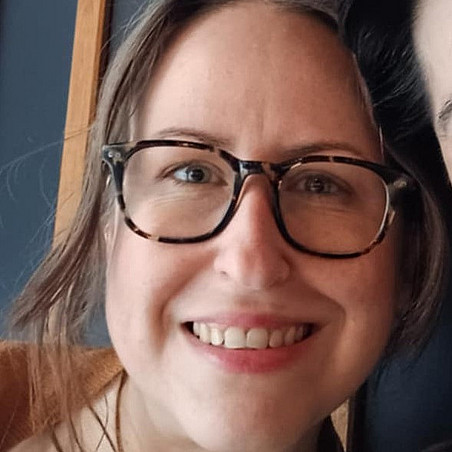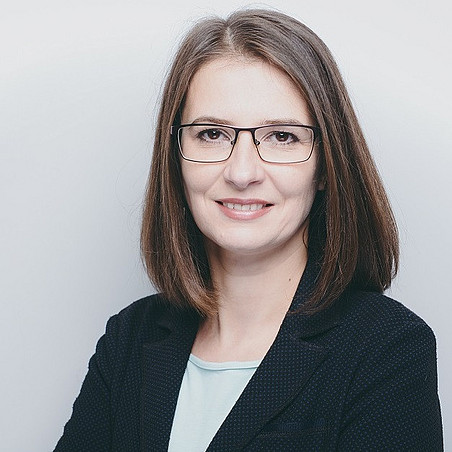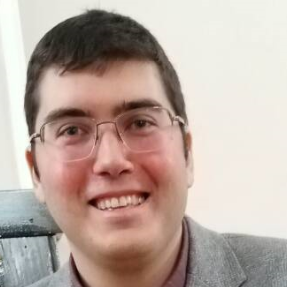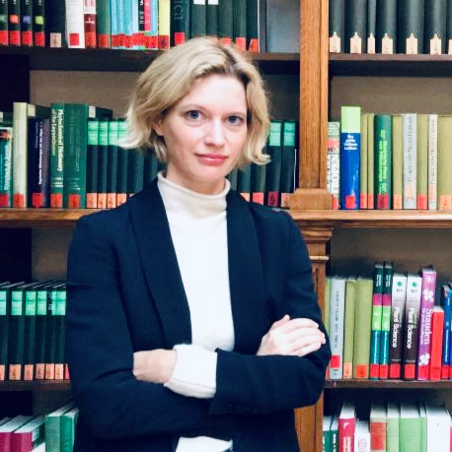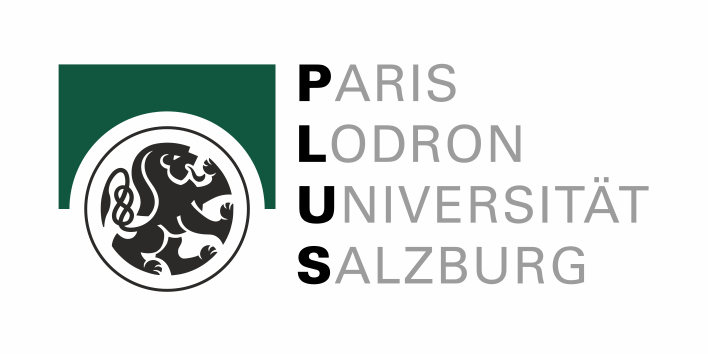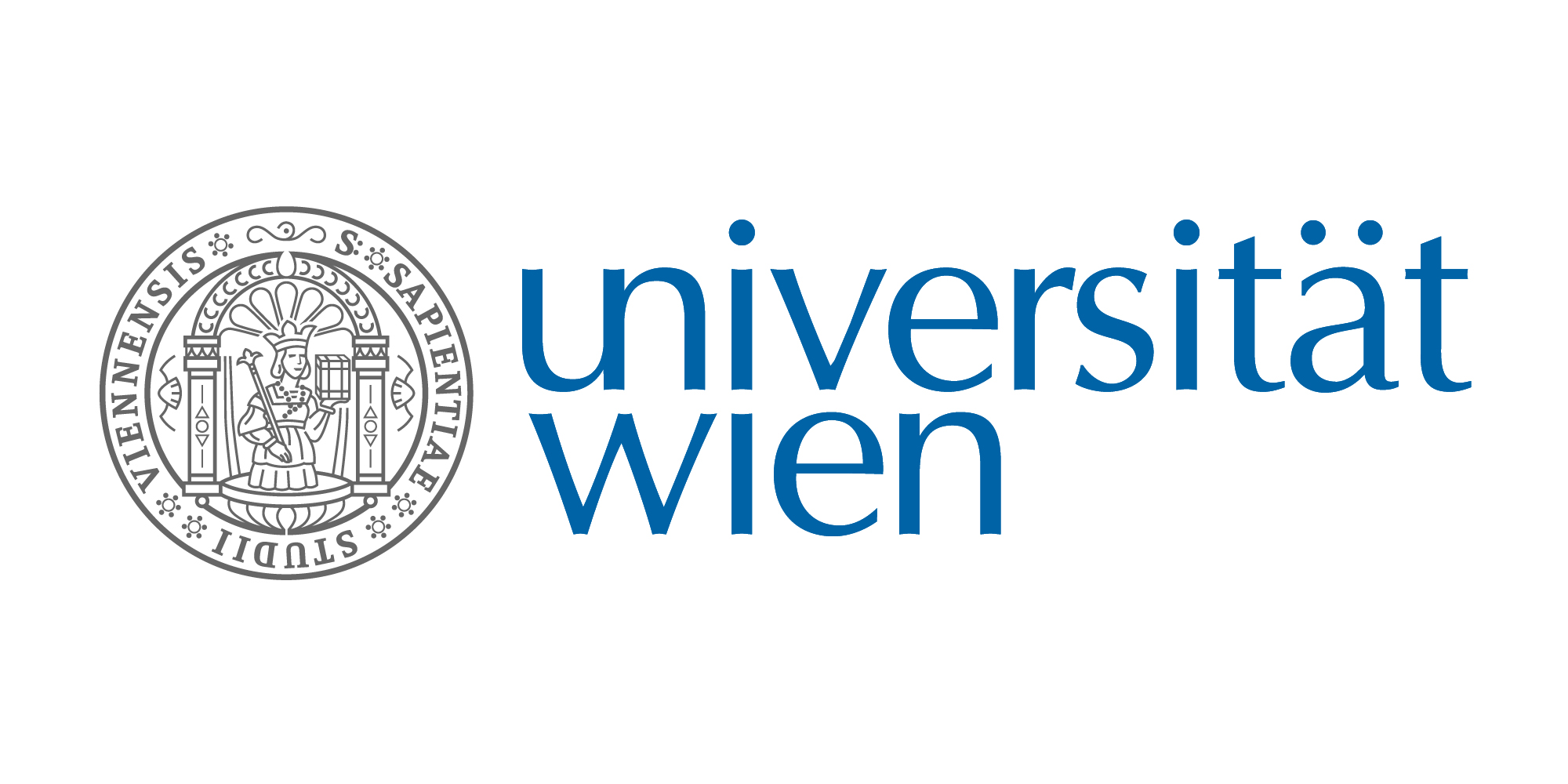Language between Redundancy and Deficiency (SFB): about our team
Grammatical gender in discourse and grammar - Subproject 2
Lead research institute
Edgar Onea coordinates the Redefi project. He completed his doctorate at the University of Heidelberg (2005). He worked at the University of Stuttgart (2006 - 2010) and at the University of Göttingen (as Junior Professor, 2010-2016 and then as W2 Professor, 2016-2017); since September 2017 he has been working at the University of Graz as University Professor of German Language/Linguistics and heads the Department of Theoretical and Empirical Linguistics.
His current interests and initiatives include text structures (joint project with the University of Göttingen: "The erotetic and the aesthetic: How linguistic features of literary texts determine literary suspense", an interdisciplinary scientific project funded by the FWF and the DFG) and the language of politics.
Simon Dampfhofer is a Ph.D. student in subproject 02, which focusses on the study of gender mismatches. Besides a M.A. in German linguistics and philology (with a thesis on the semantics of German indefinites), he holds a B.Sc. in Physics and is currently (2024) engaged in further academic studies in the areas of Physics and Philosophy. In addition, he has attended several (mostly national) workshops, conferences, and summer schools (e.g., ÖLT, ICSH, DGfS summer school).
He has prior experience in formal semantics as well as in empirical and statistical methodology, and has been involved in the implementation of several empirical experiments at the Institute for German studies at the University of Graz. Research interests include (but are not limited to) syntax and semantics of pronouns, theory of gender, and philosophy of language.
Mismatches in binding and coreference - Subproject 3
I am a professor of linguistics at the Paris Lodron University of Salzburg. Before that I had positions at McGill University, the University of Connecticut, and (part-time) at Harvard University. My research area is theoretical linguistics with focus on syntax and its interfaces. I am a member of the Academia Europaea and I hold several editorial positions.
Franziska Keller is a PhD student at the University of Salzburg and research assistant in the subproject Mismatches in binding and coreference with Susanne Wurmbrand. She holds a B.Sc. in General Theoretical Linguistics from the University of Potsdam and an M.A. in General Linguistics from the University of Vienna.
Her research within the subproject concerns diverse binding phenomena, especially the formal and cross-linguistic properties of Fake Indexicals in relative clauses. Additionally, she is interested in the morphology syntax interface, root-and-pattern morphology, Arabic languages, resumptive pronouns and syntactic movement. Franziska has taken part in several summer schools and conferences (e.g. EGG, ÖLT).
Homepage
The role of self in pronominal coreference - Subproject 5
Boban Arsenijević is a linguist and professor of Slavic Linguistics at the University of Graz. He was born in Niš, Serbia, and earned his B.A. in Serbo-Croatian language and literature at the University of Niš, his M.A. in Linguistics at the University of Belgrade, and his research MA and PhD in Linguistics at the University of Leiden. His research focuses on the interfaces of syntax with semantics and phonology, with a dominant interest in Slavic languages. His focal topics include verbal aspect and morphology, clausal embedding, and the semantic ontology. Within the SFB, he looks for similarities between intensified and reflexive pronouns plausibly underlying their diachronic and typological links. The research targets four types of languages, those like Slavic, where the reflexive is not related to the intensifier, but intensified pronouns can have the interpretation that reflexives receive, those like German, where there are independent reflexives, but they can combine with the intensifier and become more strongly referential, those like Malayalam, where the intensified and the reflexive pronouns look the same, and those like English where the intensifier and the reflexive pronouns look the same.
Aleksandra Milosavljević is a researcher and Ph.D. student at the University of Graz. She holds M.A. degrees in both linguistics and communication studies from the University of Belgrade. Her expertise lies in syntax and semantics, with a particular focus on pronouns (especially expletive or defective ones), the syntax of clauses, and verb complements. Aleksandra has participated in multiple conferences (including SinFonIJA, FDSL, SLE, and ConSOLE), and has published several scientific papers (e.g., in Glossa, Balcania et Slavia, and the Proceedings of ConSOLE). She previously worked at the Institute for the Serbian Language of the Serbian Academy of Sciences and Arts (2018–2024). She attended several international academic programs, such as the Go Styria exchange program at the University of Graz and the EGG summer schools.
I obtained my Bachelor in linguistics from the University of Groningen and my Research Master in Linguistics at Utrecht University with a thesis on Differential Object Marking (DOM) in heritage languages, with a particular focus on the undescribed (heritage) language Sarnámi Hindustani (East Indo-Aryan). Most of my interests circle around (but go beyond) the following topics: relationships between arguments, adpositional syntax, the adjunct-argument distinction and head-movement. Within the just-started project I am interested in the interactions between derivational theories of Binding, inalienable possession and intensification, and how they can inform the cross-linguistic data our project is interested in.
The (Non-)Deficiency and (Non-)Redundancy of Clitic Pronouns - Subproject 6
I obtained an MA in English from the University of Tirana, Albania, in 1991. I received my MPhil in General Linguistics from the University of Trondheim in 1995 and my PhD in Theoretical Linguistics from Durham University in 1999. After several successful Fellowships, I was appointed first Assistant and then Associate Professor at the University of Vienna. I have worked on Voice and, more generally, argument structure (including verbal diminutives), clitic constructions, resumption, relatives and other wh-constructions.
Ekaterina Levina is a PostDoc in the Subproject 6 “The (Non-)Deficiency and (Non-)Redundancy of Clitic Pronouns” at the University of Vienna. She received her PhD in Linguistics at the University of Texas at Austin (2024). Before that, she earned her M.A. in Theoretical Linguistics (2014) and her B.A. in German Linguistics and Spanish (2011) from the Humboldt University of Berlin. In 2006, she graduated in German as a Foreign Language (comparable to B.A.) at the University of Leipzig. She also holds a degree in Law (comparable to J.D.) from Saint Petersburg Polytechnic University (2004).
Her work bridges semantics, syntax and pragmatics with a focus on cross-linguistic and typological research in these areas. Her main interests are definiteness, anaphoric uptake, possessives, conceptualization of events and modality.
Deficiency and redundancy in Iberoromance pronominal systems - Subproject 7
Albert Wall received his Master's degree in Romance and East Slavic Philology from the University of Tübingen in 2008. He completed his doctorate in Comparative Romance Linguistics at the University of Zürich in 2015. He joined the University of Vienna in 2020 and was named associate professor of Romance Linguistics in 2025. His research focuses on the argument structure and the syntax and semantics of nominals in Iberoromance varieties. He also examines the interaction between syntax and phonology, using experimental methods to study linguistic variation. His projects incorporate various methodological approaches to understand phenomena that are theoretically relevant but difficult to observe.
Philippa Adolf is a researcher at the Department of Romance Linguistics at University of Vienna. She holds a B.A. in Romance Linguistics and has successfully passed the Bavarian state examination for teaching foreign languages in secondary education.
Her research focusses on Spanish syntax, specifically differential object marking, clitic doubling, and the null-instantiation of objects.
She also has a particular interest in empirical methods and statistic modelling of linguistic data due to her background in corpus-based cognitive linguistics.
In a recent publication, she investigated the processing of differential object marking in German-speaking learners of Spanish as a second language compared to monolinguals (*Differential object marking in the L2 Spanish of L1 German speakers: A corpus-based analysis* in Grünke et al. 2024. *Spanish as a second and third language*).
She is currently working as a doctoral assistant in the subproject "Deficiency and Redundancy in Iberoromance pronominal systems".
Marco is currently working as scientific staff at the Institute of Romance Studies at the University of Vienna where he works in subproject 7. Researching clitic doubling and null objects in Iberoromance varieties, he focuses on Brazilian Portuguese as his past work has centered on changing alignments in the Brazilian Portuguese pronominal system. As Marco holds a Master’s in Classical Greek Philology from the University of Zurich, his research interests include also historical and comparative linguistics, particularly diachronic variation. His MA thesis examined the evolution of perfective periphrases from Ancient Greek to a modern Greek dialect in Southern Italy.
Fading reference - the pragmaticalization of pronoun + verb - Subproject 8
Eva Maria Remberger studied Romance languages and literature, German, and English at the University of Cologne, and German as a foreign language at the University of Bonn. She completed her doctorate at the FU Berlin in 2003. In 2007-2008 she spent a year at the University of Cambridge and Clare Hall as a Feodor Lynen Fellow of the Alexander von Humboldt Foundation. From 2006-2013 she was Junior Professor of Romance Linguistics at the University of Konstanz. Since 2013, she has been Professor of Romance Linguistics at the University of Vienna. Her research focuses on grammatical theory, modality/volitionality/evidentiality, the genesis of discourse markers, the morphology and formal pragmatics of Romance languages and varieties in syn- and diachrony as well as language contact and the investigation of synergies between migrant languages, Romance languages and Latin in the context of language teaching and subject didactics.
Andrea Miglietta is currently working as a PreDoc in Subproject 8 “Fading reference - the pragmaticalization of pronoun + verb” at the University of Vienna. He obtained his B.A. in Humanities and his M.A. in Linguistics at the University of Bologna. His research focuses on the interaction between pronouns and verbs in Italian. In his Master’s thesis, he explored the semantic boundaries of Italian restructuring verbs, using clitic climbing as a diagnostic.
His work within the subproject involves the study of pronouns in various Italian deverbal discourse markers and the morphosyntactic modeling of discourse-oriented elements based on corpus data. Beyond the project, he is interested in epistemic modality, grammaticalization, and parenthetical verbs.
Animacy features and the flexibility of pronouns - Subproject 9
Steffen Heidinger works as an Associate Professor for Romance linguistics at the University of Graz. He wrote his dissertation on the diachronic development of French anticausatives as part of a French-German graduate school (Universities of Stuttgart and Paris 8; defensio in 2008). He completed his habilitation in Romance linguistics in 2017 with a thesis on the information-structural properties of Spanish depictives (University of Graz).
One focus of his current research is the animacy features of French and Spanish pronouns, which is also the domain of the subproject "Animacy features and the flexibility of pronouns". The main questions addressed in this subproject are (i) whether certain types of pronouns are specified in terms of animacy (e.g., strong pronouns as +human) and (ii) how redundancy and deficiency allow such pronouns to be used in a way that deviates from their animacy features (e.g., strong pronouns for inanimate referents).
Yanis da Cunha works as a researcher in Romance linguistics at the University of Graz. His PhD thesis (Université Paris Cité, France) deals with gender effects on function assignment (male-subject and female-object biases). More broadly, his research aims at discovering the factors underlying syntactic alternations (such as voice and word order alternations) across various languages (English, French, modern Greek, Spanish).
He is currently working on pronouns in French and Spanish within the subproject "Animacy features and the flexibility of pronouns". His contribution focuses on gender in the pronominal domain. He seeks to address the role of grammatical gender features in the animacy restrictions found on some pronouns (e.g., strong pronouns in French) and the way mismatches between grammatical and semantic gender features are accommodated by pronouns (e.g., a pronoun referring to a gender-underspecified noun).
Alina Schwarzenberger is currently pursuing a master’s degree at the university of Graz to become a French and English teacher in secondary education. She is not only passionate about learning and teaching languages, but also about linguistics, which is why she has written her bachelor’s thesis on the gender agreement of French attributive adjectives with coordinated nouns. In the SFB she is working as a student assistant in subproject 9 and her master’s thesis will explore the animacy restrictions of French pronouns.
Deficiency and Redundancy in Expressing Temporal Relations - Subproject 10
Melanie Loitzl is a Ph.D. student in Subproject 10, led by Prof. Daniel Büring, which focuses on the semantics of tense. Before moving to Vienna for her doctoral studies, she completed her bachelor’s degrees in German Studies, English and American Studies, and Teacher Education (with the subjects German and English) at the University of Graz. She then also pursued her master’s degree in German Studies at the University of Graz, where her thesis examined the use and interpretation of directional adverbs in Bavarian. She is currently working toward completing her master’s degree in Teacher Education.
Within the project, her research primarily concerns temporal adverbs, their formal properties, and their interaction with tense. At present, her focus is mainly on indexical adverbs (yesterday, today) as well as complex adverbs (Monday evening, early this morning). In addition to formal analyses in semantics and syntax, she is also interested in the empirical investigation of linguistic phenomena, an area in which she had already been involved as a student assistant at the Department of German Studies at the University of Graz.
Affiliated Researchers
Jeannique Darby is a postdoctoral researcher in an affiliated project on concealed questions in specificational sentences (PIs: Prof. Edgar Onea and Prof. Katharina Felka, funded by Land Steiermark). She previously taught English language/linguistics at University College Volda (Norway) and conducted postdoctoral research at HU Berlin and Universität Stuttgart.
Her primary research experience is in psycholinguistics and the processing of covert structures, particularly in regards to morphology, the mental lexicon, and the syntax-semantics interface. In the current project, she aims to investigate the interplay of syntax, semantics, and pragmatics in specificational sentences using both on- and offline psycholingustic methods.
Katharina Felka is Professor of Theoretical Philosophy at the University of Münster.
Previously, she was assistant Professor for Theoretical Philosophy at the University of Graz, and before that, she worked in Benjamin Schnieder's project on nominalisations at the University of Hamburg as well as in Matti Eklund's Varieties of Normativity project at the University of Uppsala, and at the University of Zurich. She also spent time at the MIT in Cambridge (MA), the ILLC in Amsterdam, the Concept Lab at the University of Oslo, and the Humboldt University in Berlin.
Katharina mainly works on questions at the intersection of philosophy and linguistics. Her current research focuses on pejoratives as well as other hybrid evaluative terms (such as thick terms or dual character terms) and, more generally, on questions at the semantics-pragmatics interface. She also has a strong interest in the ontological commitments of our natural language discourse, the workings of that-clauses, concealed questions, and presuppositions.
Peter Herbeck held a postdoc position at the Institut für Romanistik of the University of Vienna and researcher in the project 08 “Fading reference - the pragmaticalization of pronoun + verb” until September 2025. He completed his studies (Magister Artium) in English philology and Romance linguistics at the University of Wuppertal. His PhD dissertation „Unifying Pro-Drop and Control – The Derivation of Spanish (Null) Subjects” (University of Salzburg, 2015) dealt with null and overt subjects in Spanish finite and nonfinite structures from a minimalist, derivational perspective. Since then he has worked as a postdoctoral researcher at the University of Cologne, University of Wuppertal, University of Vienna and he was visiting researcher at the University of Valencia.
His research interests include syntax, information structure, morphology and corpus linguistics.
In the subproject 08, he investigates variable subject expression in semi-fixed constructions with verbs of cognition and verbs of saying in spoken Catalan and Spanish, their degree of pragmaticalization and their implementation in formal theories of grammar.
I obtained my PhD in General Linguistics from the University of Tübingen in 2009. Between 2009 and 2022 I held several positions as postdoctoral researcher and later as principal investigator in research projects funded by the German Research Foundation and the Postdoc Network Brandenburg at the University of Stuttgart and the University of Potsdam. In May 2022 I obtained my Habilitation degree in English and General Linguistics from the Humboldt University, Berlin, where I then acted as a substitute professor in English Linguistics. In March 2024 I started working as Professor in Comparative European Linguistics in the Institute of Linguistics at the University of Graz.
Stefan Milosavljević received his Ph.D. from the University of Graz in 2023, focusing on aspectual composition in Slavic languages (supervised by Prof. Dr. Boban Arsenijević). He completed his BA in Serbian Language and Literature and two MA degrees—one in Philology and the other in Social Sciences and Computing—at the University of Belgrade. Stefan has been involved in several scientific projects and is currently employed on the project “Multifunctionality in Morphology” (PI Dr. Marko Simonović) at the University of Graz, in collaboration with the University of Nova Gorica. His main research interests include verbal aspect, verbal morphology, multifunctionality in morphology, anaphors and pronouns (expletives, situation pronouns, evaluative pronouns, intensified pronouns, clitic doubling, strong vs. weak pronouns), subject-verb agreement, morpho-syntactic reduplication, and the syntax of nominal phrases and clauses. Stefan also works on software-based analysis of social networks, with a particular focus on their application to the exploration of language and literature.
Coordination
I obtained my Masters degree in Language and Mind at the University of Siena. My previous research focused mainly on the topics of gradability and vagueness, with particular attention devoted to the semantics of adjectives that seem to express value-judgments through their gradability.
My current research within the project is aimed at developing a novel model of grammar able to incorporate the properties of Redundancy and Deficiency.
I received my undergraduate training at Bryn Mawr College in the US, in French language and literature, following that with a Masters degree at Sciences Po in Paris. I returned to university in 2018 to get an MSc in Forensic Speech Science at the University of York (UK). My dissertation deals with a type of derivational pathway called delocutivisation.
Subproject 1: Coordination




Subproject 2: Grammatical gender in discourse and grammar
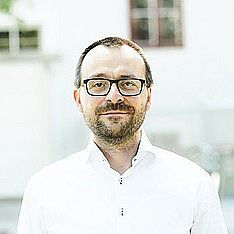
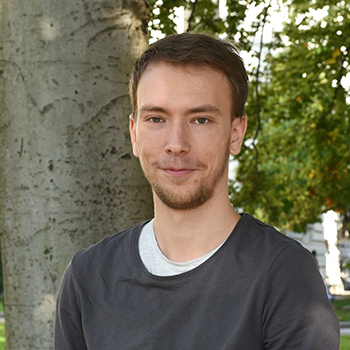
Subproject 3: Mismatches in binding and coreference

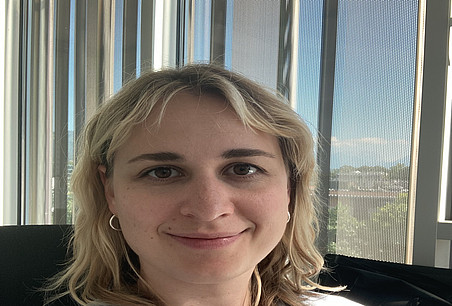


Subproject 5: The role of self in pronominal coreference
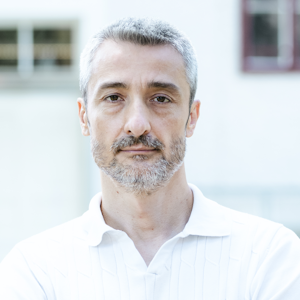


Subproject 6: The (Non-)Deficiency and (Non-)Redundancy of Clitic Pronouns

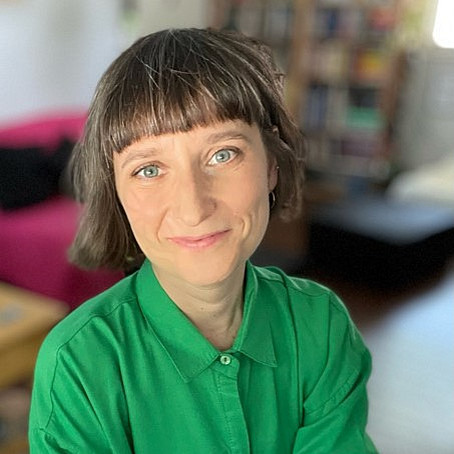

Subproject 7: Deficiency and redundancy in Iberoromance pronominal systems
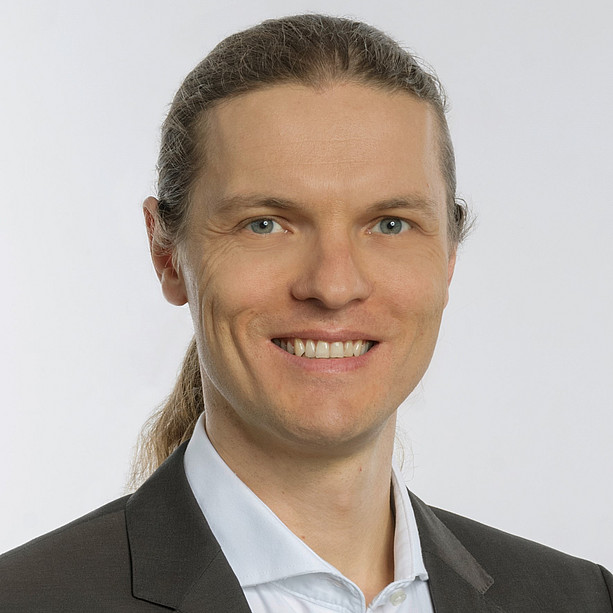


Subproject 8: Fading reference - the pragmaticalization of pronoun + verb
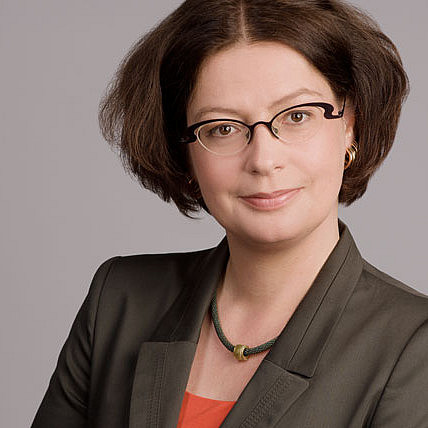

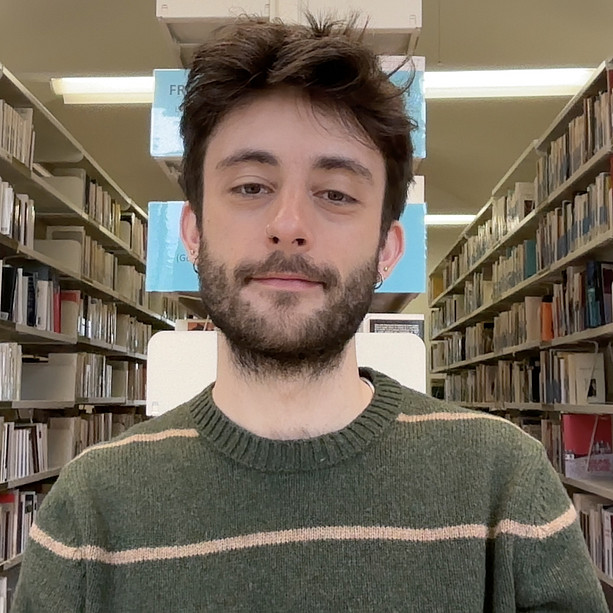
Subproject 9: Animacy features and the flexibility of pronouns
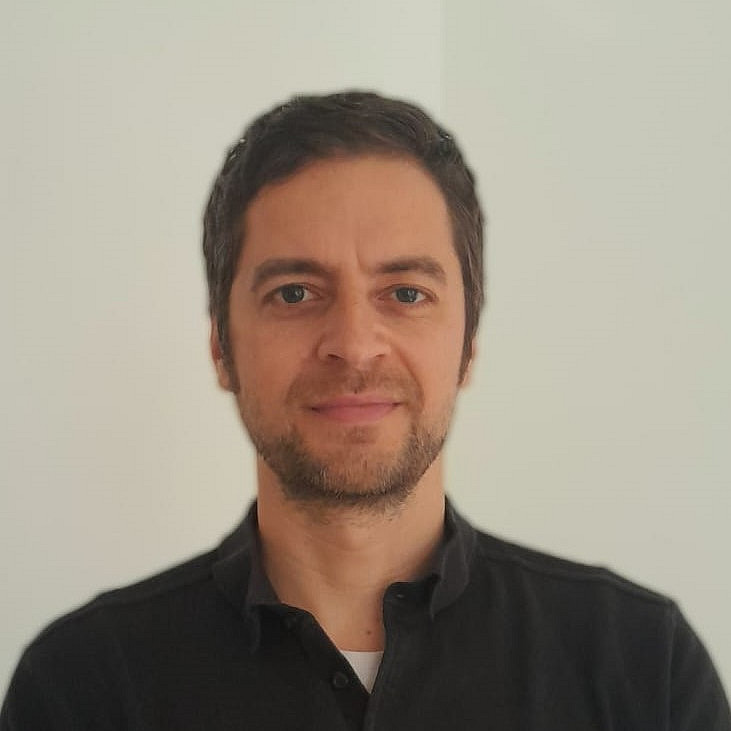
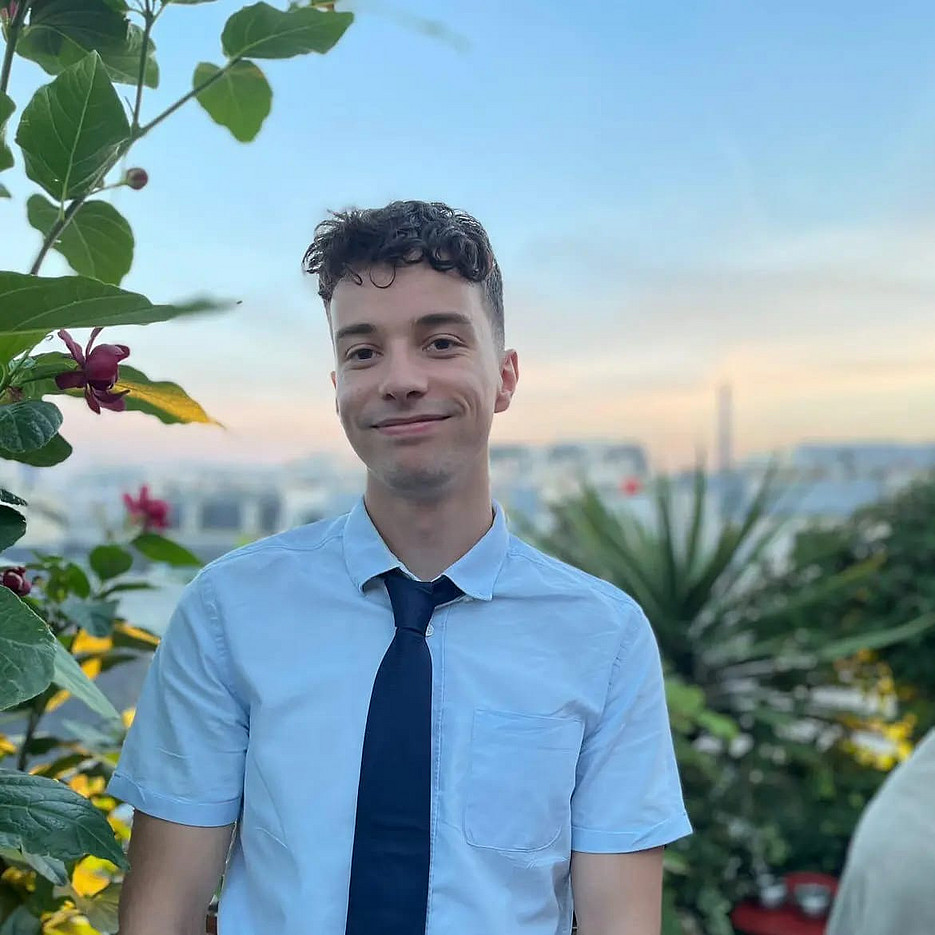
Subproject 10: Deficiency and Redundancy in Expressing Temporal Relations



Subproject 10: Deficiency and Redundancy in Expressing Temporal Relations

